人教版八年级英语上册第一单元思维导图
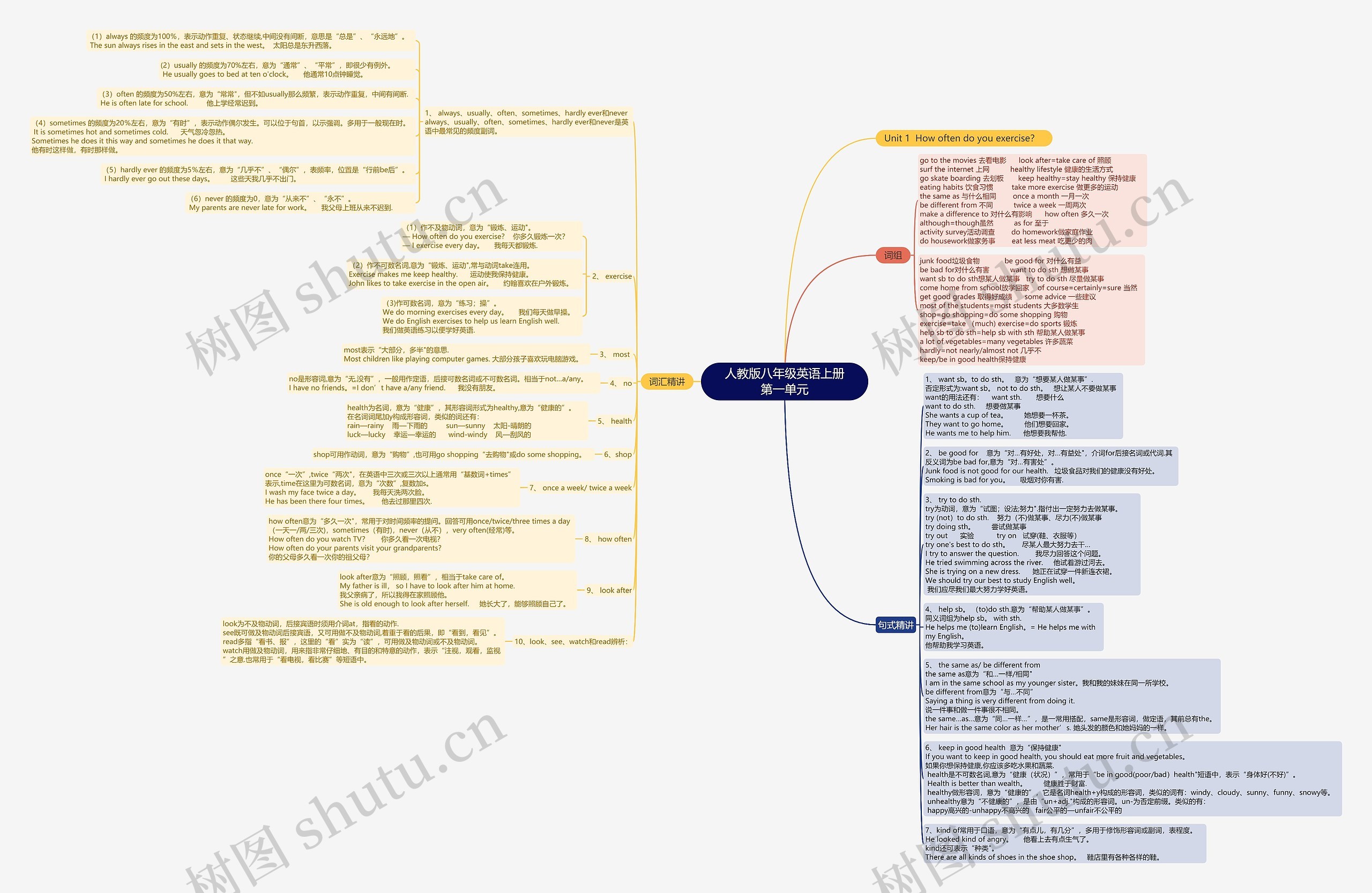
Unit 1 How often do you exercise?
树图思维导图提供 人教版八年级英语上册第一单元思维导图 在线思维导图免费制作,点击“编辑”按钮,可对 人教版八年级英语上册第一单元思维导图 进行在线思维导图编辑,本思维导图属于思维导图模板主题,文件编号是:3b2e05c4e9c6d63c5265a0e0ba443b02
思维导图大纲
人教版八年级英语上册第一单元思维导图模板大纲
Unit 1 How often do you exercise?
词汇精讲
1、 always、usually、often、sometimes、hardly ever和never always、usually、often、sometimes、hardly ever和never是英语中最常见的频度副词。
(1)always 的频度为100%,表示动作重复、状态继续,中间没有间断,意思是“总是”、“永远地”。 The sun always rises in the east and sets in the west。 太阳总是东升西落。
(2)usually 的频度为70%左右,意为“通常”、“平常”,即很少有例外。 He usually goes to bed at ten o'clock。 他通常10点钟睡觉。
(3)often 的频度为50%左右,意为“常常",但不如usually那么频繁,表示动作重复,中间有间断. He is often late for school. 他上学经常迟到。
(4)sometimes 的频度为20%左右,意为“有时”,表示动作偶尔发生。可以位于句首,以示强调。多用于一般现在时。 It is sometimes hot and sometimes cold. 天气忽冷忽热。 Sometimes he does it this way and sometimes he does it that way. 他有时这样做,有时那样做。
(5)hardly ever 的频度为5%左右,意为“几乎不”、“偶尔”,表频率,位置是“行前be后”。 I hardly ever go out these days。 这些天我几乎不出门。
(6)never 的频度为0,意为“从来不”、“永不”。 My parents are never late for work。 我父母上班从来不迟到.
2、 exercise
(1)作不及物动词,意为“锻炼、运动"。 — How often do you exercise? 你多久锻炼一次? — I exercise every day。 我每天都锻炼.
(2)作不可数名词,意为“锻炼、运动",常与动词take连用。 Exercise makes me keep healthy. 运动使我保持健康。 John likes to take exercise in the open air。 约翰喜欢在户外锻炼。
(3)作可数名词,意为“练习;操”。 We do morning exercises every day。 我们每天做早操。 We do English exercises to help us learn English well. 我们做英语练习以便学好英语.
3、 most
most表示“大部分,多半"的意思. Most children like playing computer games. 大部分孩子喜欢玩电脑游戏。
4、 no
no是形容词,意为“无,没有”,一般用作定语,后接可数名词或不可数名词。相当于not…a/any。 I have no friends。=I don’t have a/any friend. 我没有朋友。
5、 health
health为名词,意为“健康”,其形容词形式为healthy,意为“健康的”。 在名词词尾加y构成形容词,类似的词还有: rain—rainy 雨—下雨的 sun—sunny 太阳-晴朗的 luck—lucky 幸运—幸运的 wind-windy 风—刮风的
6、shop
shop可用作动词,意为“购物”,也可用go shopping“去购物"或do some shopping。
7、 once a week/ twice a week
once“一次”,twice“两次",在英语中三次或三次以上通常用“基数词+times”表示,time在这里为可数名词,意为“次数”,复数加s。 I wash my face twice a day。 我每天洗两次脸。 He has been there four times。 他去过那里四次.
8、 how often
how often意为“多久一次",常用于对时间频率的提问。回答可用once/twice/three times a day(一天一/两/三次),sometimes(有时),never(从不),very often(经常)等。 How often do you watch TV? 你多久看一次电视? How often do your parents visit your grandparents? 你的父母多久看一次你的祖父母?
9、 look after
look after意为“照顾,照看”,相当于take care of。 My father is ill, so I have to look after him at home. 我父亲病了,所以我得在家照顾他。 She is old enough to look after herself. 她长大了,能够照顾自己了。
10、look、see、watch和read辨析:
look为不及物动词,后接宾语时须用介词at,指看的动作. see既可做及物动词后接宾语,又可用做不及物动词,着重于看的后果,即“看到,看见”。 read多指“看书、报”,这里的“看”实为“读”,可用做及物动词或不及物动词。 watch用做及物动词,用来指非常仔细地、有目的和特意的动作,表示“注视,观看,监视”之意.也常用于“看电视,看比赛”等短语中。
词组
go to the movies 去看电影 look after=take care of 照顾 surf the internet 上网 healthy lifestyle 健康的生活方式 go skate boarding 去划板 keep healthy=stay healthy 保持健康 eating habits 饮食习惯 take more exercise 做更多的运动 the same as 与什么相同 once a month 一月一次 be different from 不同 twice a week 一周两次 make a difference to 对什么有影响 how often 多久一次 although=though虽然 as for 至于 activity survey活动调查 do homework做家庭作业 do housework做家务事 eat less meat 吃更少的肉
junk food垃圾食物 be good for 对什么有益 be bad for对什么有害 want to do sth 想做某事 want sb to do sth想某人做某事 try to do sth 尽量做某事 come home from school放学回家 of course=certainly=sure 当然 get good grades 取得好成绩 some advice 一些建议 most of the students=most students 大多数学生 shop=go shopping=do some shopping 购物 exercise=take (much) exercise=do sports 锻炼 help sb to do sth=help sb with sth 帮助某人做某事 a lot of vegetables=many vegetables 许多蔬菜 hardly=not nearly/almost not 几乎不 keep/be in good health保持健康
句式精讲
1、 want sb。to do sth。 意为“想要某人做某事”. 否定形式为:want sb。 not to do sth。 想让某人不要做某事 want的用法还有: want sth. 想要什么 want to do sth. 想要做某事 She wants a cup of tea。 她想要一杯茶。 They want to go home。 他们想要回家。 He wants me to help him. 他想要我帮他.
2、 be good for 意为“对…有好处,对…有益处",介词for后接名词或代词.其反义词为be bad for,意为“对…有害处”。 Junk food is not good for our health. 垃圾食品对我们的健康没有好处。 Smoking is bad for you。 吸烟对你有害.
3、 try to do sth. try为动词,意为“试图;设法;努力".指付出一定努力去做某事。 try (not)to do sth. 努力(不)做某事、尽力(不)做某事 try doing sth。 尝试做某事 try out 实验 try on 试穿(鞋、衣服等) try one's best to do sth。 尽某人最大努力去干… I try to answer the question. 我尽力回答这个问题。 He tried swimming across the river. 他试着游过河去。 She is trying on a new dress. 她正在试穿一件新连衣裙。 We should try our best to study English well。 我们应尽我们最大努力学好英语。
4、 help sb。 (to)do sth.意为“帮助某人做某事”。 同义词组为help sb。 with sth. He helps me (to)learn English。= He helps me with my English。 他帮助我学习英语。
5、 the same as/ be different from the same as意为“和…一样/相同" I am in the same school as my younger sister。我和我的妹妹在同一所学校。 be different from意为“与…不同” Saying a thing is very different from doing it. 说一件事和做一件事很不相同。 the same…as…意为“同…一样…”,是一常用搭配,same是形容词,做定语,其前总有the。 Her hair is the same color as her mother’s. 她头发的颜色和她妈妈的一样。
6、 keep in good health 意为“保持健康" If you want to keep in good health, you should eat more fruit and vegetables。 如果你想保持健康,你应该多吃水果和蔬菜. health是不可数名词,意为“健康(状况)”,常用于“be in good(poor/bad)health"短语中,表示“身体好(不好)”。 Health is better than wealth。 健康胜于财富. healthy做形容词,意为“健康的”,它是名词health+y构成的形容词,类似的词有:windy、cloudy、sunny、funny、snowy等。 unhealthy意为“不健康的”,是由“un+adj."构成的形容词。un-为否定前缀。类似的有: happy高兴的-unhappy不高兴的 fair公平的—unfair不公平的
7、kind of常用于口语,意为“有点儿,有几分”,多用于修饰形容词或副词,表程度。 He looked kind of angry。 他看上去有点生气了。 kind还可表示“种类"。 There are all kinds of shoes in the shoe shop。 鞋店里有各种各样的鞋。



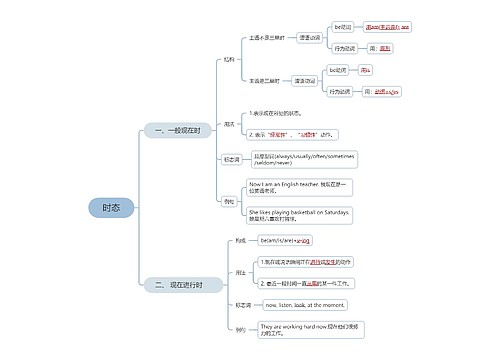

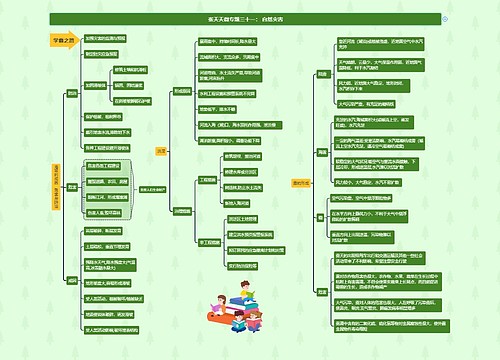
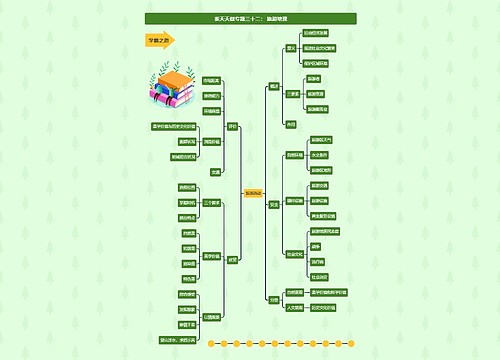
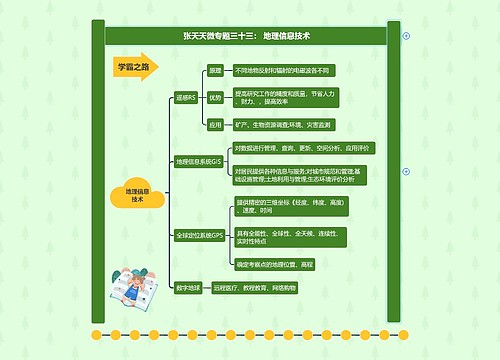
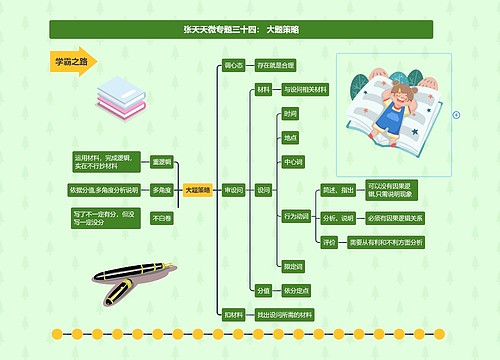
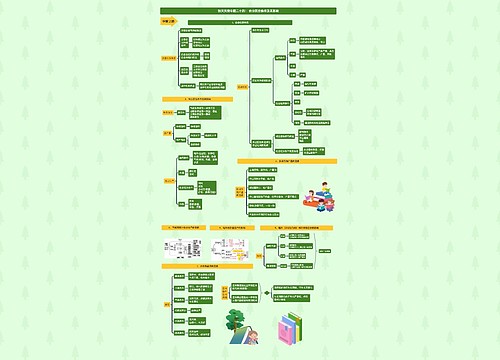
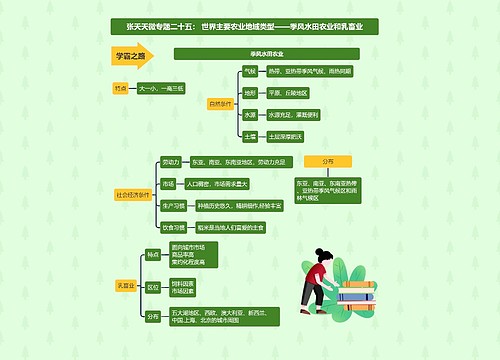
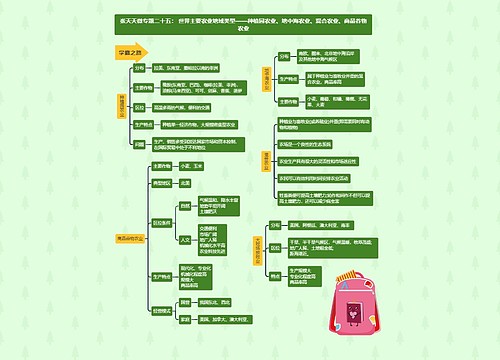
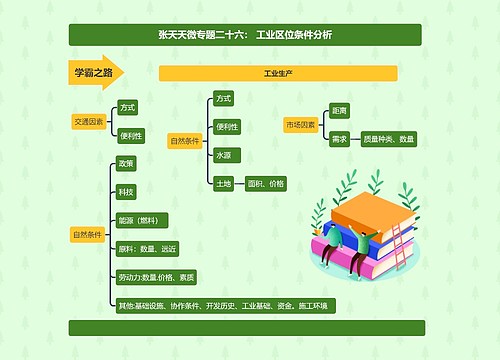
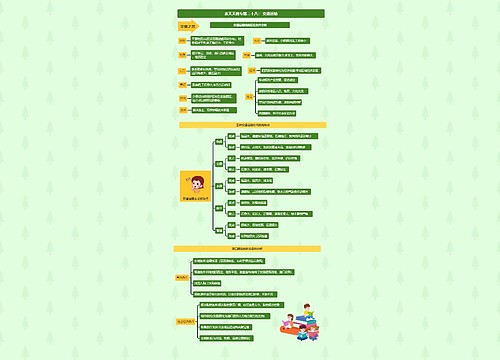

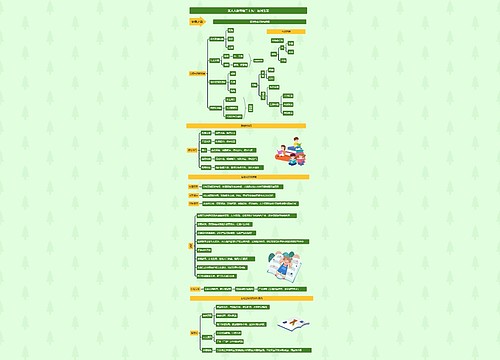
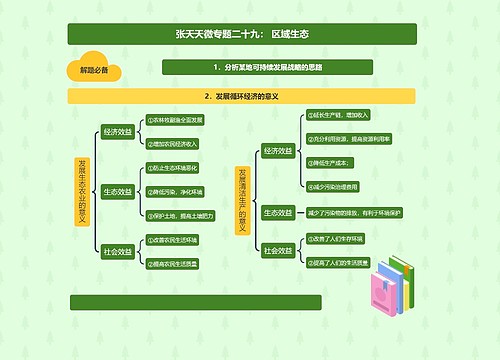
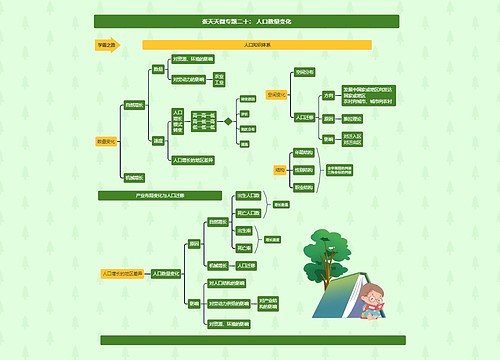
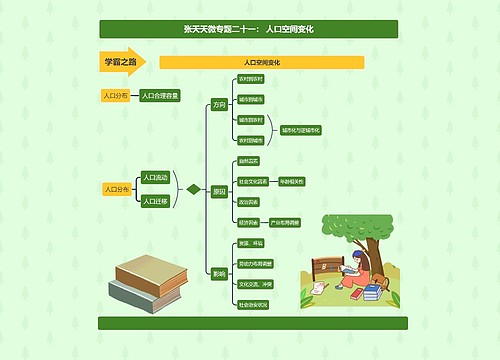
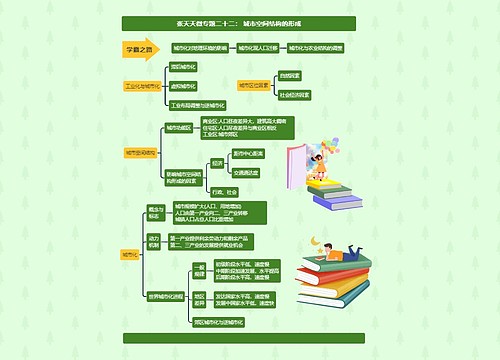

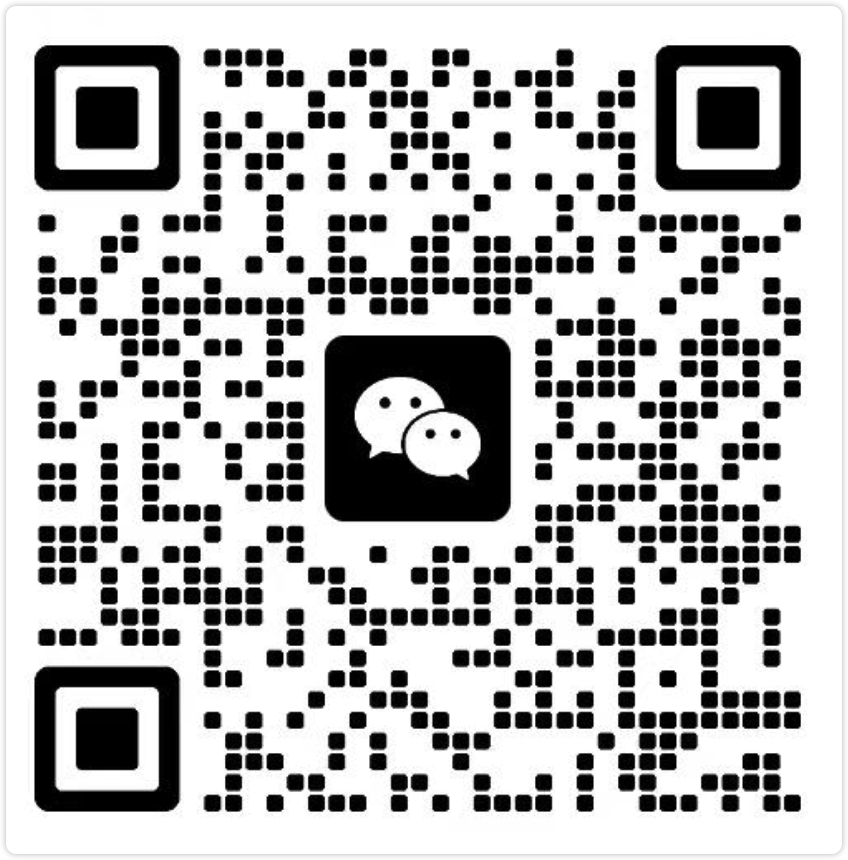
 上海工商
上海工商